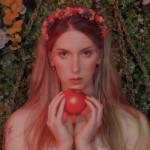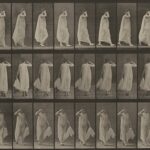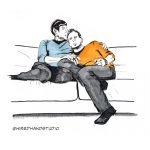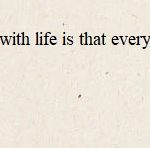A media scholar explains autofiction and looks at how it is embodied in Natalie Wynn’s ContraPoints videos. Continue reading

May 30, 2024
by Aesthetics for Birds
0 comments


May 30, 2024
by Aesthetics for Birds
0 comments
A media scholar explains autofiction and looks at how it is embodied in Natalie Wynn’s ContraPoints videos. Continue reading

March 14, 2024
by Aesthetics for Birds
0 comments
Pessoa writes that “Countless lives inhabit us.” But what does that mean? Philosopher Jonardon Ganeri discusses. Continue reading

September 22, 2023
by Aesthetics for Birds
1 Comment
A philosopher tackles difficult themes in the JD Salinger short story “A Perfect Day for Bananafish” Continue reading

February 3, 2023
by Aesthetics for Birds
4 Comments
Scholars John Gibson, Magdalena Ostas, and Hannah Kim discuss how art creates meaning, and how we play a role in that meaning-making. Continue reading

October 13, 2022
by Aesthetics for Birds
0 comments
Philosopher Sally Haslanger reflects on life through a poem by Wislawa Szymborska Continue reading

September 22, 2022
by Aesthetics for Birds
2 Comments
Kendrick Lamar’s 2022 album has been met with controversy, even among general praise. Here, scholars across different disciplines examine and discuss it. Continue reading


September 15, 2022
by Aesthetics for Birds
3 Comments
An analysis of the intricacies of how alternative text is used to communicate fundamentally visual information in a linguistic mode. Continue reading


February 11, 2022
by Aesthetics for Birds
0 comments
In making art, we make ourselves into something beyond what our original authors may have intended. Continue reading


June 17, 2021
by Aesthetics for Birds
0 comments
Five supershort flash fictions by philosopher Ben Roth Continue reading


May 5, 2021
by Aesthetics for Birds
0 comments
Philosopher Errol Lord writes 100 words on Kathleen Graber’s poetry Continue reading